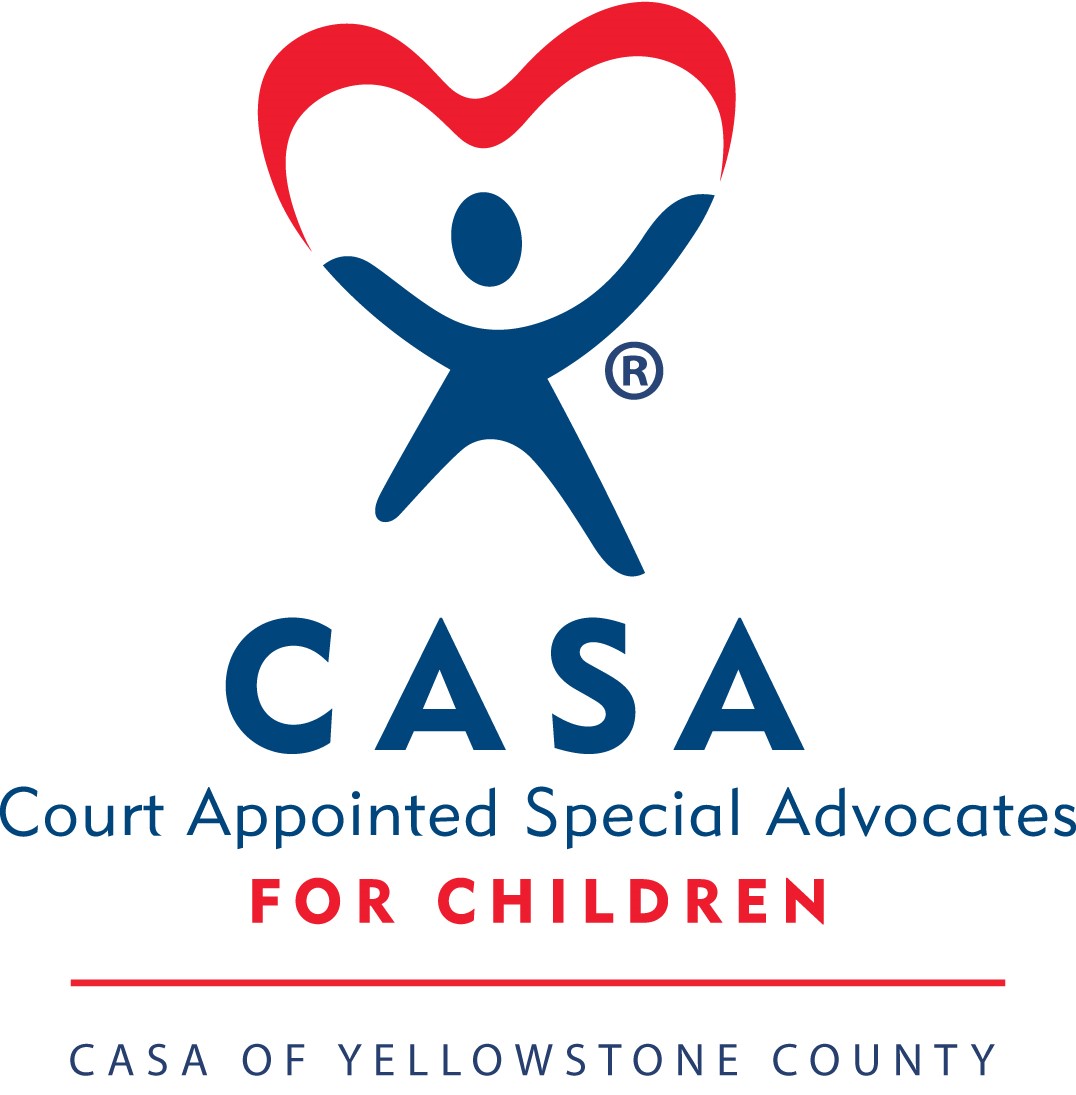I signed up to be a Court Appointed Special Advocate when I was 25 years old. I served on one case, involving two children—a boy and a girl. Except for a period when the children were briefly and unsuccessfully reunified with their parents, I served continuously throughout the children’s time in the foster care system, a journey which concluded with the children’s adoption earlier this month.
I am now 31 years old. I spent nearly 20% of my life as the CASA for those children.
I will not be taking a second case with CASA of Yellowstone County—at least not in the immediate future. After the children moved out of the state in 2020 to live with the family that would later adopt them, I left Billings and started law school in Missoula.
In reflecting on my years as a CASA, I decided to approach this blog post as if it were an exit interview with myself. I get to ask the questions—there are only two—and the answers are carefully worded to suit my own agenda.
In all seriousness, I hope the reader will find my reflection fair, and for those who currently or may someday serve as Court Appointed Special Advocates, I hope you will find my experiences insightful in approaching your own work within the system.
Our first question—
Q: In your time as a Court Appointed Special Advocate, what were the three biggest mistakes you made?
A: Wow, what a great question!
Well, first, I bungled my relationship with the Department.
Yes, starting about one year into the case, Child & Family Services and I began butting heads—on a number of issues. Sometimes it felt like we were on the opposite page on just about everything. I don’t believe I ever let the conflicts get in the way of my professionalism—and as for who was in the right, even looking back now, I continue to feel that I was not wrong to take the positions I did.
However, now that I am older and wiser, I have come to see the role of a CASA differently than I once did. While a CASA should never be afraid to speak up for the child, I believe that the CASA should limit their most zealous advocacy—i.e., butting heads with the Department—to two circumstances only.
The first is when the CASA believes the parents need more time, and things are moving too quickly toward termination of parental rights.
Reunification, when possible, is almost always in the child’s best interests. In addition, dependency proceedings almost always exclusively involve a struggling parent who loves her child and wishes she had the capacity to do a better job caring for her child—up against the power of the state government and the systems built by that government.
In addition, a parent’s license to raise and care for her child is more than a mere privilege—it is a fundamental right, akin to the freedom of speech or the free exercise of religion. The CASA can truly do the Lord’s work by speaking in support of a parent whose short life has almost assuredly been filled by hardship and adversity.
The second circumstance that justifies more zealous advocacy from a CASA is when that CASA is serving a Native American child and believes that more must be done to comply with the text and spirit of the Indian Child Welfare Act. The history of injustices done to indigenous families—even within our own lifetimes—is so egregious, and violations of ICWA remain so frequent throughout the United States, that the CASA should always seek to be the defender of the enhanced rights Native children receive through federal law.
But, since those two noble causes were not the issues I was quarreling over in my cases, I now believe it was a mistake to spoil my ability to work most effectively with the Department over anything less.
This leads to the second of my mistakes—I botched my relationship with the parents.
Reflecting on this aspect of my case is tough for me. As I mentioned above, the children were briefly reunified with their parents, and the case closed; when the case reopened, I was re-appointed as the children’s CASA. Eventually, the court terminated the parents’ rights.
Early in my case, I made efforts to build rapport with the parents, but as events progressed, these two individuals gave me little to champion as the CASA for their children. But as I just touched on, I should have been pro-reunification. On two separate occasions during my case, the Department moved to terminate the parents’ rights, and I supported those motions both times. If I were going to push back against the Department on something, those were the times I should have done so.
I could have asked for more time, more services—something more akin to the active efforts that would have applied had this been an ICWA case. The parents needed more help than they were getting, and I didn’t care enough to help them. Those were my biggest mistakes.
Q: The question called for three mistakes, and those were only two.
A: That last one probably counts for two.
But here is another—I did not make a big enough deal about the children’s birthdays.
Recognizing someone else’s birthday is such a powerful way to celebrate that person’s existence and value—to make that person feel special and loved. Children in foster care already lack this kind of validation.
The two children on my case spent a combined eight birthdays in the foster care system. As the case progressed, I did less to ensure that the children had happy and special birthdays, and just assumed that the foster parents would do an adequate job. That was a failure on my part as their CASA.
Q: Now for the second question in this exit interview—In your time as a Court Appointed Special Advocate, what did you do right?
A: I will highlight two things.
First, I showed up. I visited every foster home, every school, every daycare. During the period when the children were placed separately, I made twice the visits. When one visit per month was not enough, I did more. I made time.
Second, I was their constant. Between the children’s first removal in 2016, to their final, adoptive placement in 2022, the oldest child was in seven placements. The youngest was in five. There were at least different four child protection specialists on the case in Montana—in addition to the courtesy social workers they have had in their adoptive placement outside Montana—four attorney guardians ad litem, two different judges, a slew of school transfers, and myriad other service providers that came and went.
I was the only constant. If I was no good for anything else, I least I did that for them.

Ben McKee
* * *
In composing my thoughts at the close of my time as a Court Appointed Special Advocate, there were countless moments I considered sharing here which could better illustrate my experience as a CASA, why the work is important, why I loved it, and why more people should step into this powerful and impactful role in service to children.
After giving it a lot of thought, however, I decided that those memories are too special for me to share.
In closing, I want to acknowledge that I was inspired to become a Court Appointed Special Advocate by my dad, who served as a CASA for children in the foster care system in Camden, New Jersey. My dad served on one case with two children, before passing away in 2017.
The children I served are finally living in a home where, for the remainder of their short childhood, they will be loved and cared for. I hope they will be happy, and I pray that every year will be a little better than the last.
Ben McKee is a Court Appointed Special Advocate with CASA of Yellowstone County.![]()






